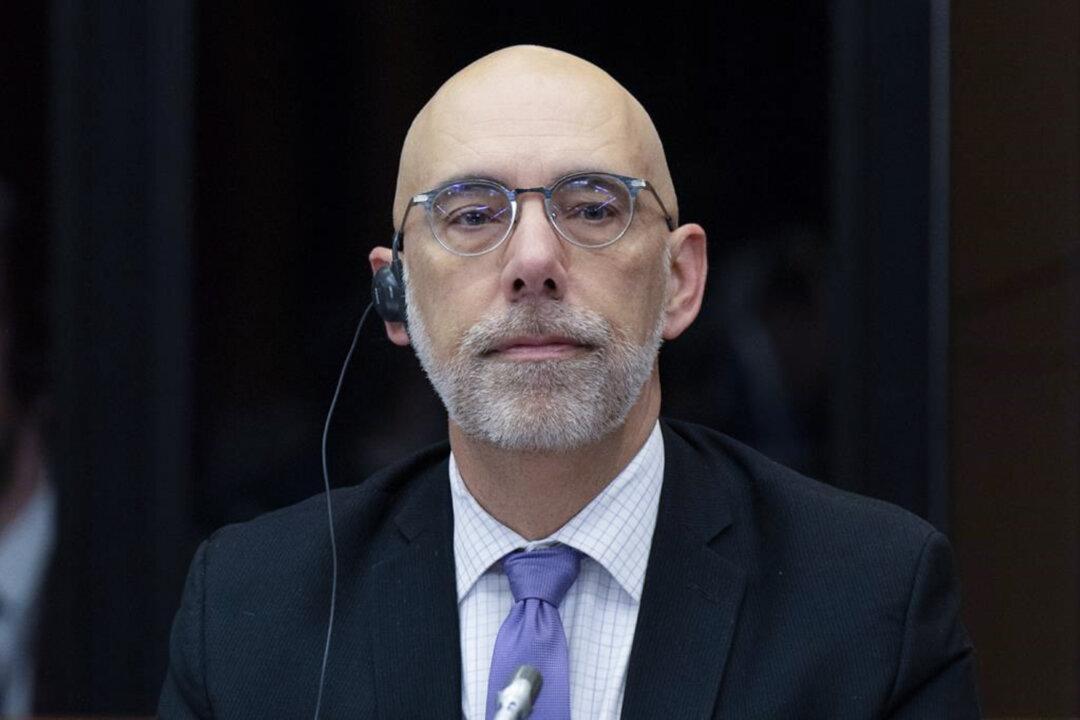A second analysis of the federal carbon tax has shown that Canadian households will generally be worse off when impacts on gross domestic product (GDP) and investment income are considered, the federal budget watchdog has announced.
The Parliamentary Budget Office (PBO) report, released Oct. 10, found the average Canadian household would receive more from the Canada Carbon Rebate than what they pay in the federal carbon tax and related goods and services tax by 2030. When the economic impact on Canada’s GDP and investment income is taken into account, however, many households will be worse off, it said.





